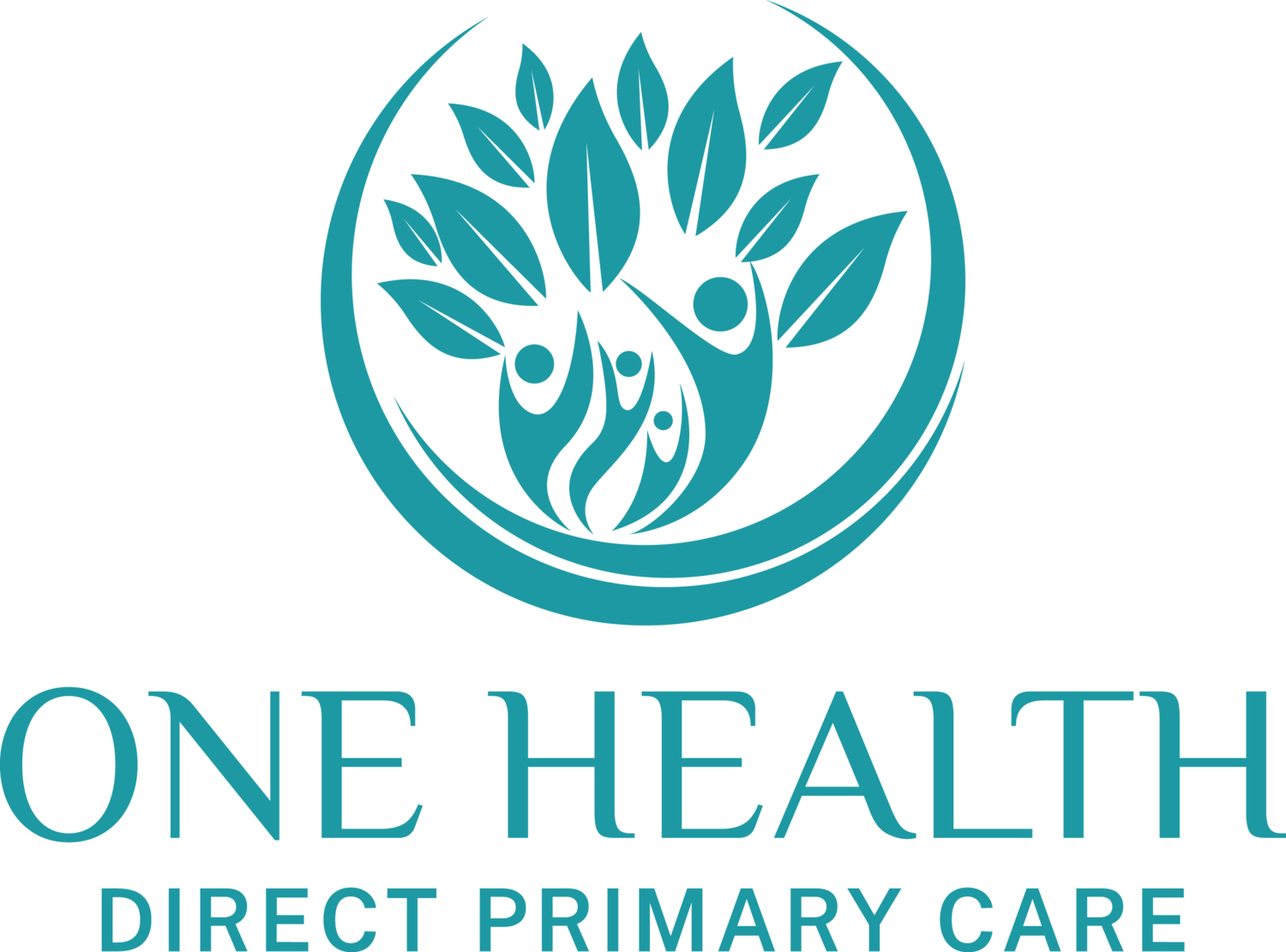Know your numbers - High blood pressure.
BLACK HEALTH AND WELLNESS, that is the theme for Black History Month this year. One of the most common conditions that affect African American’s is high blood pressure. High blood pressure is very common in African Americans and unfortunately we are seeing it more in younger adults.
1 in 3 African Americans suffer from hypertension and in most cases high blood pressure develops earlier in life. African American adults ages 18 – 49 yrs are two times more likely to die from heart disease than other Americans. One of the major risk factors of heart disease is high blood pressure so what is high blood pressure, what causes it and how can you manage it?
What is blood pressure?
For starters, blood pressure is the pressure of blood pushing against the walls of your arteries which carry blood from your heart to other parts of your body. Blood pressure normally rises and falls throughout the day. Systolic blood pressure (the top number) is the pressure in your arteries when your heart beats and diastolic blood pressure (the bottom number) is the pressure in your arteries when your heart rests in between beats. Normal Blood pressure is a systolic pressure of 120 and diastolic pressure of 80.
So what is considered high blood pressure?
The old blood pressure guidelines from 2003 defined high blood pressure as reading > 140 / 90 mm Hg. In 2017, the American College of Cardiology/ American heart Association introduced new guidelines where high blood pressure is now defined as reading > 130 / 80 mm Hg.
What symptoms should you watch for in high blood pressure?
Unfortunately for many people, there are usually no warning signs or symptoms for High BP and checking your BP is the only way to know. For people with long standing high BP with possible organ damage it can present as headaches, vision changes, stroke. High BP is often called the silent killer because it has no warnings or symptoms.
Like many chronic health conditions, high blood pressure can occur from an unhealthy lifestyle options like not getting enough regular exercise, eating too much salt, and severe alcohol use. Family history and health conditions like diabetes and obesity also increases risk for developing high blood pressure.
High BP that is untreated can cause damage to your heart, lungs, kidneys, brain and eyes. Untreated high blood pressure can cause heat attacks, heart failure, kidney failure, stroke, sleep apnea, vision changes with retinopathy.
There are several lifestyle ways to prevent and manage high blood pressure:
Exercise at least 30 mins 5 days a week (150mins of exercise a week)
Healthy diet with low saturated fat and low salt options. The DASH Diet has been shown to lower high blood pressure. Click Here to get information on the DASH diet.
Limit Alcohol Intake
Stop smoking
Manage stress - focus on relaxation techniques, sleep
If you have high blood pressure that needs medication treatment, please talk to your doctor. Its time to take control of your health. Keep up with your preventative health appointments with your primary care doctor. If you are worried about high blood pressure, please discuss with your primary care doctor. If you do not have a primary care doctor, please give us a call and we will help address your concerns.
Thank you for reading.
-Dr. Osei @ One Health Direct Primary Care (828-360-8359 | welcome@onedpc.com)
Family Medicine. Educational. Preventative Health. Heart Disease. High Blood Pressure.
